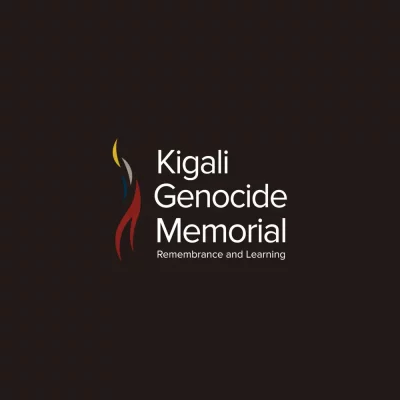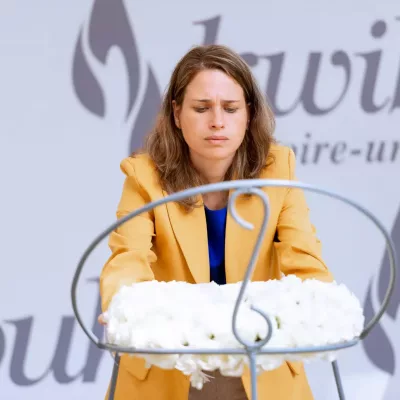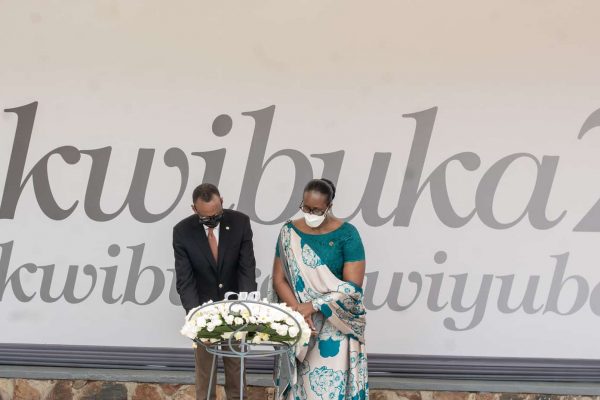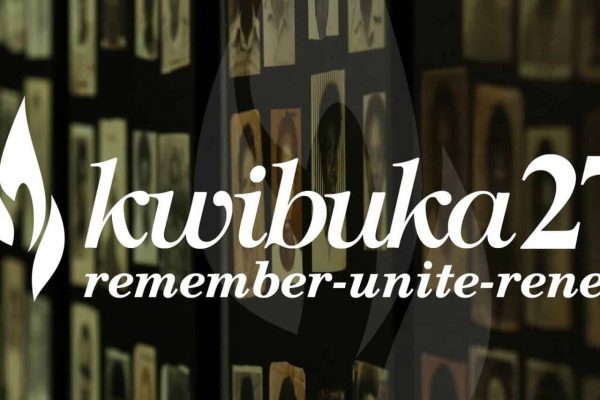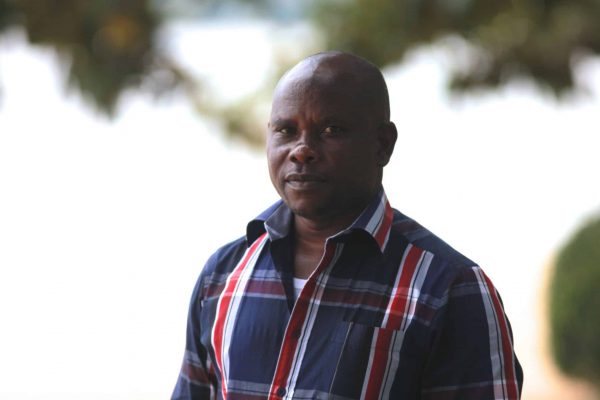For the last five years, Kigali Genocide Memorial has been receiving various South Sudanese delegations coming to learn more on the history of genocide against the Tutsi and looking for inspiration on how to build peace in South Sudan, drawing lessons from the success of Aegis peace education model. (Aegis Trust manages the Kigali Genocide Memorial on behalf of the National Commission for the Fight against the Genocide).
During an intensive week in June, a group of around fifty youth leaders had the opportunity to tour the Kigali Genocide Memorial and other memorial sites around the country, meet survivors and perpetrators who have reconciled after genocide and now living in one village.
Since 2013, South Sudan, located in East Africa, has been experiencing violence of ethnic origin. This has already caused millions of people to flee to border countries such as Uganda.
During their visit at the memorial, this group of majority young people including leaders from the political party coalitions, had to put themselves in the shoes of the various actors of the genocide : victims as well as perpetrators through listening to their stories and understanding their journey to forgiveness and reconciliation.
Sharing their reflections after the visit, these young leaders said that Rwanda represents the perfect example of a country which has experienced chaos but has been able to rebuild itself by its people determined to bring change and work together towards lasting peace.
We note that this group came after several other delegations from South Sudan including paramount chiefs from different communities like : Jonglei, Central Equatoria, Upper Nile, Unity State and other Government officials like seven cabinet ministers who visited in April 2015.

